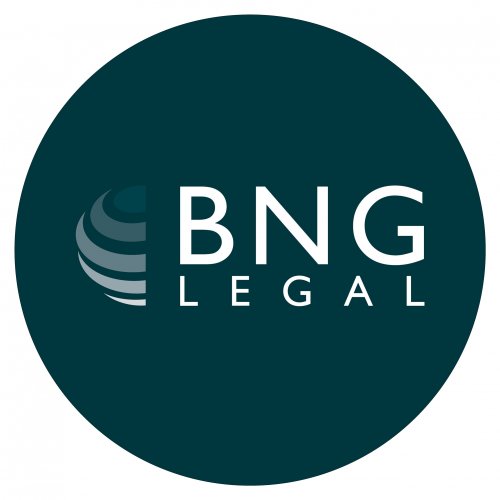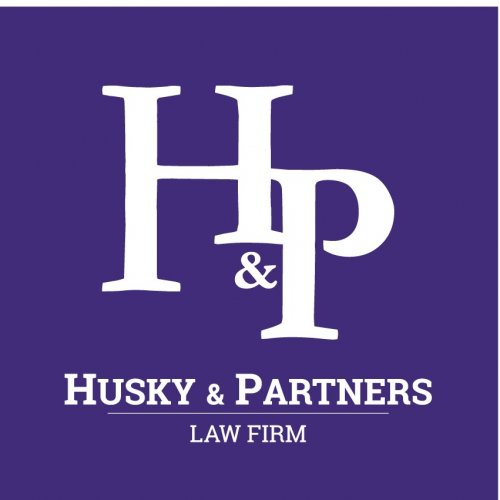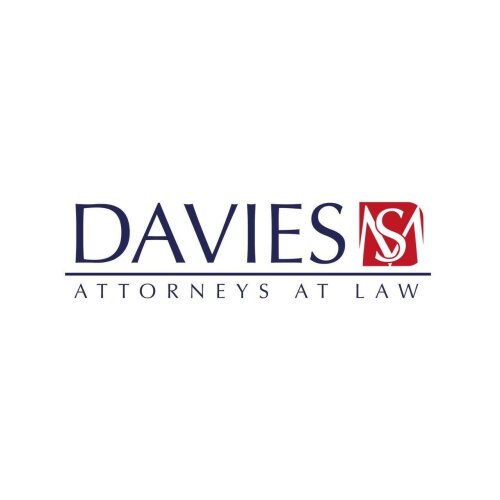Best Conveyancing Lawyers in Cambodia
Share your needs with us, get contacted by law firms.
Free. Takes 2 min.
Free Guide to Hiring a Real Estate Lawyer
Or refine your search by selecting a city:
List of the best lawyers in Cambodia
About Conveyancing Law in Cambodia
Conveyancing in Cambodia refers to the legal process of transferring ownership of real property, such as land, houses, or commercial buildings, from one party to another. This process ensures that property rights are correctly passed on, all necessary government procedures are completed, and both the buyer and seller are protected under Cambodian law. Conveyancing typically involves a range of steps including title verification, contract drafting, government registration, and settlement of taxes and fees.
Why You May Need a Lawyer
Conveyancing can be complicated, particularly for foreigners or first-time buyers in Cambodia. Legal assistance is often required to help navigate the complex regulatory requirements and ensure that your interests are protected. Common situations where a conveyancing lawyer is helpful include:
- Ensuring that the property has clear and undisputed legal title
- Drafting and reviewing sale or purchase agreements to avoid unfavorable terms
- Assisting with due diligence to uncover encumbrances, mortgages, or disputes
- Navigating legal restrictions on foreign property ownership
- Helping with government registration and transferring official land titles
- Explaining tax obligations related to property transactions
- Handling disputes or potential litigation arising from property transactions
Local Laws Overview
The legal framework for conveyancing in Cambodia is primarily governed by the Land Law 2001 and related sub-decrees. Here are some key points you should know:
- Types of Property Ownership: Cambodia recognizes hard titles, soft titles, and strata titles. Hard titles are the strongest and offer government-backed ownership.
- Foreign Ownership Restrictions: Foreigners cannot own land directly but may own certain types of properties (such as strata-titled condominiums) above the ground floor. Indirect ownership through leases or Cambodian companies is sometimes used.
- Due Diligence: Buyers must check for clear title and ensure that the property has no encumbrances, such as mortgages or disputes.
- Transfer Process: Conveyancing involves signing a sale-purchase agreement, registering the transaction with the relevant land office, and paying necessary transfer taxes (usually 4 percent of the property value).
- Government Involvement: The Ministry of Land Management, Urban Planning, and Construction plays a significant role in registering and approving property transfers.
Frequently Asked Questions
What is conveyancing in Cambodia?
Conveyancing is the legal process of transferring ownership of real estate from one party to another, ensuring the transaction is valid and legal under Cambodian law.
Can foreigners own land in Cambodia?
Foreigners cannot own land directly but can own certain strata-titled properties such as a condominium unit above the ground floor. Other options involve long-term leases or setting up a Cambodian company.
What are the different property titles in Cambodia?
There are mainly hard titles, soft titles, and strata titles. Hard titles are the most secure and officially recognized by the government, while soft titles are recognized at the local (commune) level and are less secure.
Why is due diligence important in conveyancing?
Due diligence checks for clear and undisputed property title, unpaid taxes, existing mortgages, and legal disputes, helping buyers avoid costly mistakes or fraud.
How is property transferred in Cambodia?
The transfer process involves signing a sale-purchase agreement, completing due diligence, paying taxes, registering the transaction at the local land office, and receiving an updated title certificate.
What taxes are involved in property transfers?
The main tax is the property transfer tax, charged at 4 percent of the property’s officially assessed value. Other fees can include stamp duties and administrative charges.
How long does the conveyancing process take?
The process usually takes between two to twelve weeks, depending on the property type, location, and completeness of documentation.
Is a lawyer required for conveyancing in Cambodia?
While not legally required, it is highly recommended to use a qualified Cambodian lawyer to minimize risks and ensure legal compliance during property transactions.
What are common risks in property transactions?
Risks include unclear ownership, forged documents, unpaid taxes, unregistered properties, and restrictions for foreigners. Legal advice helps mitigate these risks.
What is a hard title and why is it important?
A hard title is the strongest evidence of property ownership, registered at the national level and offering the highest legal protection. It is crucial when buying or selling property in Cambodia.
Additional Resources
Several resources and organizations can provide more information or direct assistance regarding conveyancing in Cambodia:
- Ministry of Land Management, Urban Planning, and Construction - The main authority on land registration and ownership
- General Department of Taxation - For information on property taxes and transfer fees
- Cambodian Bar Association - To find qualified property and conveyancing lawyers
- Provincial and District Land Offices - For local guidance with property registrations and disputes
- Law firms specializing in property law - Many firms offer consultation and conveyancing services, especially in Phnom Penh, Siem Reap, and Sihanoukville
Next Steps
If you are considering buying, selling, or transferring property in Cambodia, it is important to:
- Gather all relevant property documents, including titles and contracts
- Conduct detailed due diligence to verify ownership and the absence of legal obstacles
- Consult with a qualified conveyancing lawyer or property law specialist to guide you through the transaction
- Visit relevant government offices or legal organizations for additional guidance or information
- Ensure compliance with all local laws, especially tax and foreign ownership regulations
Proper legal support helps protect your investment, avoid costly mistakes, and ensure a smooth transfer of property rights in Cambodia.
Lawzana helps you find the best lawyers and law firms in Cambodia through a curated and pre-screened list of qualified legal professionals. Our platform offers rankings and detailed profiles of attorneys and law firms, allowing you to compare based on practice areas, including Conveyancing, experience, and client feedback.
Each profile includes a description of the firm's areas of practice, client reviews, team members and partners, year of establishment, spoken languages, office locations, contact information, social media presence, and any published articles or resources. Most firms on our platform speak English and are experienced in both local and international legal matters.
Get a quote from top-rated law firms in Cambodia — quickly, securely, and without unnecessary hassle.
Disclaimer:
The information provided on this page is for general informational purposes only and does not constitute legal advice. While we strive to ensure the accuracy and relevance of the content, legal information may change over time, and interpretations of the law can vary. You should always consult with a qualified legal professional for advice specific to your situation.
We disclaim all liability for actions taken or not taken based on the content of this page. If you believe any information is incorrect or outdated, please contact us, and we will review and update it where appropriate.
Browse conveyancing law firms by city in Cambodia
Refine your search by selecting a city.












